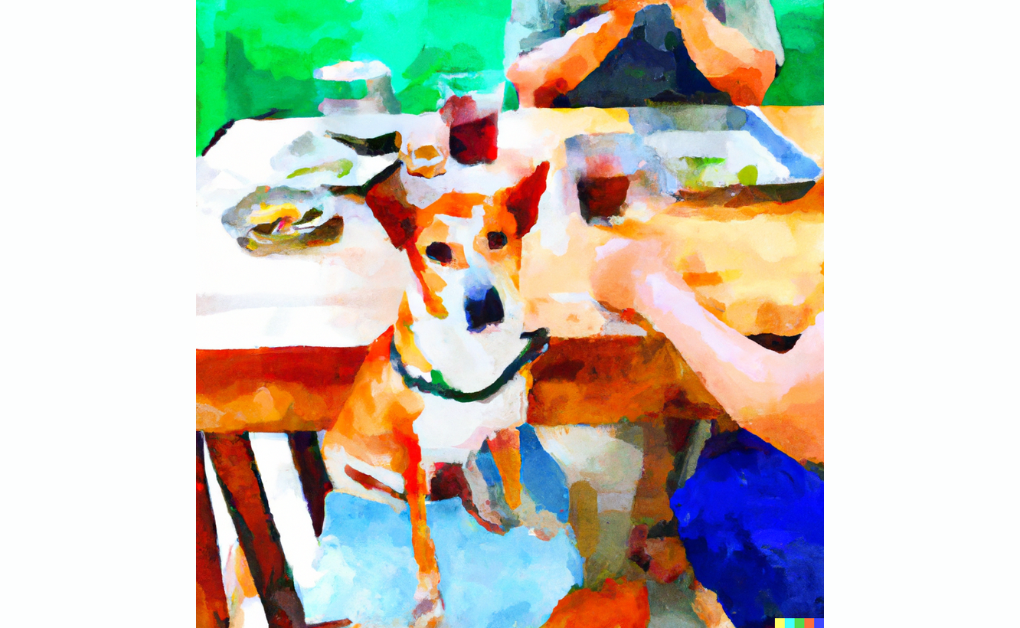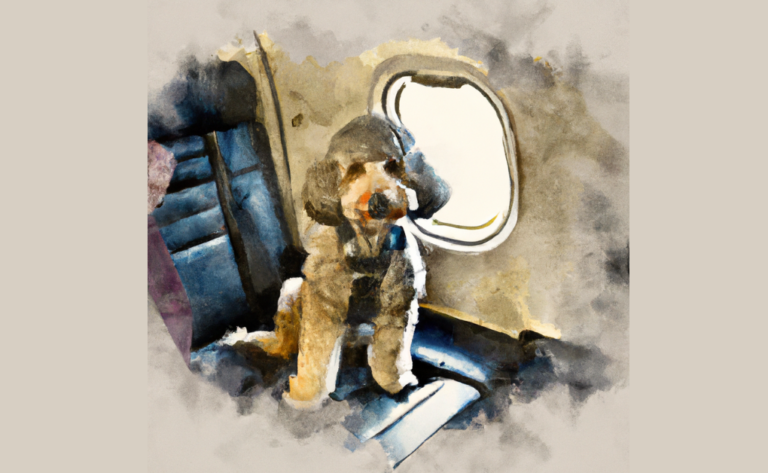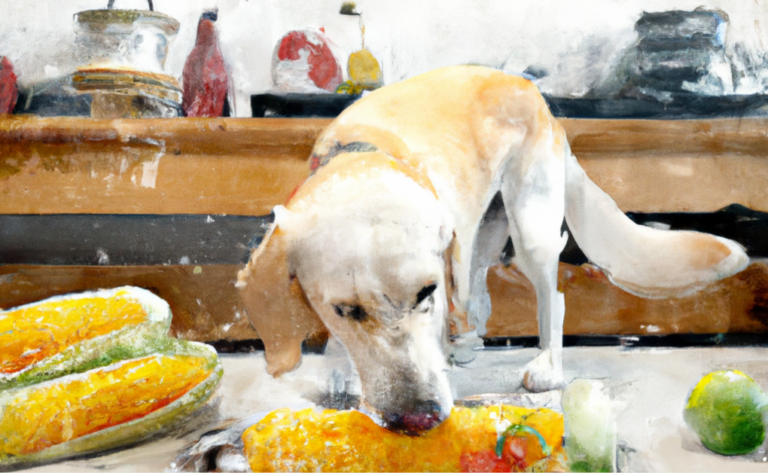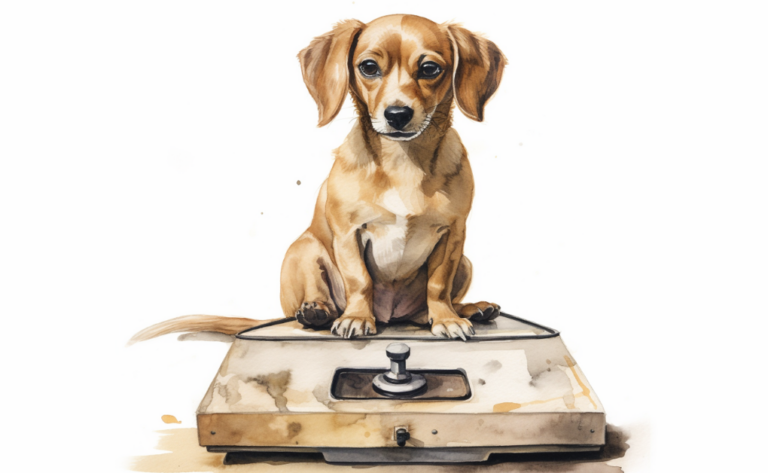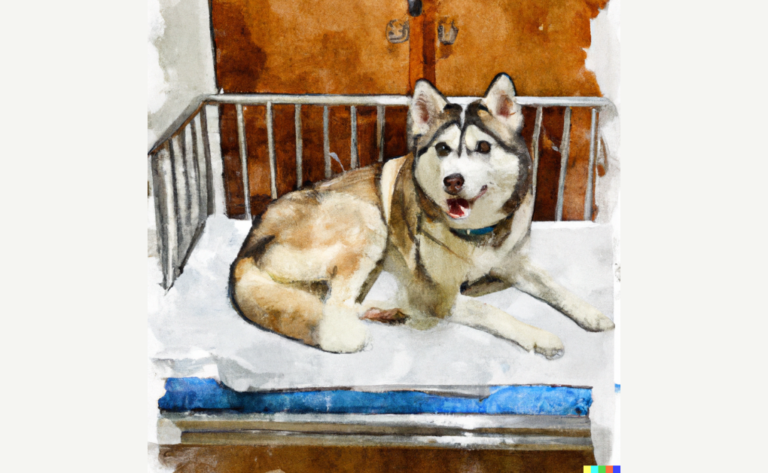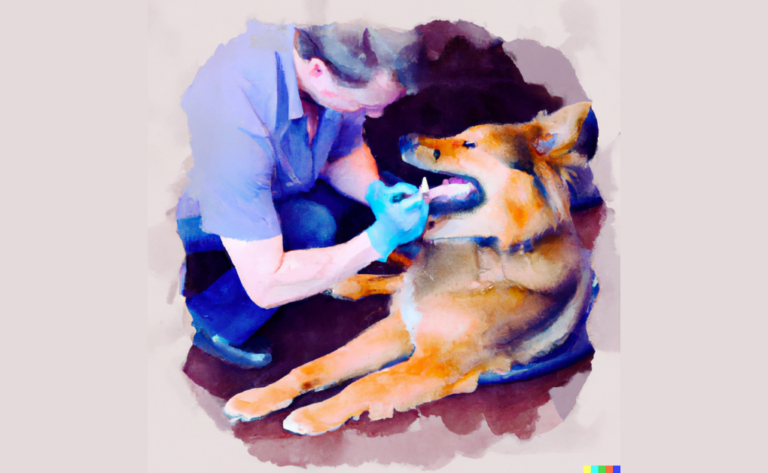What Not to Feed Your Dog on the Holidays
Introduction
As the holiday season approached, Laura excitedly planned festive meals and treats for her family and friends, but couldn’t help but feel concerned about her furry companion, Max. Determined to ensure her beloved dog’s safety during the celebrations, Laura decided to research which holiday foods were off-limits for Max.
The holiday season is a time of joy and celebration, but we must be mindful of our furry friends when preparing for a feast. Many holiday foods can be toxic to pets, so it’s best to know what not to feed your dog this holiday. Also, keep your pet safe and secure during the holiday.
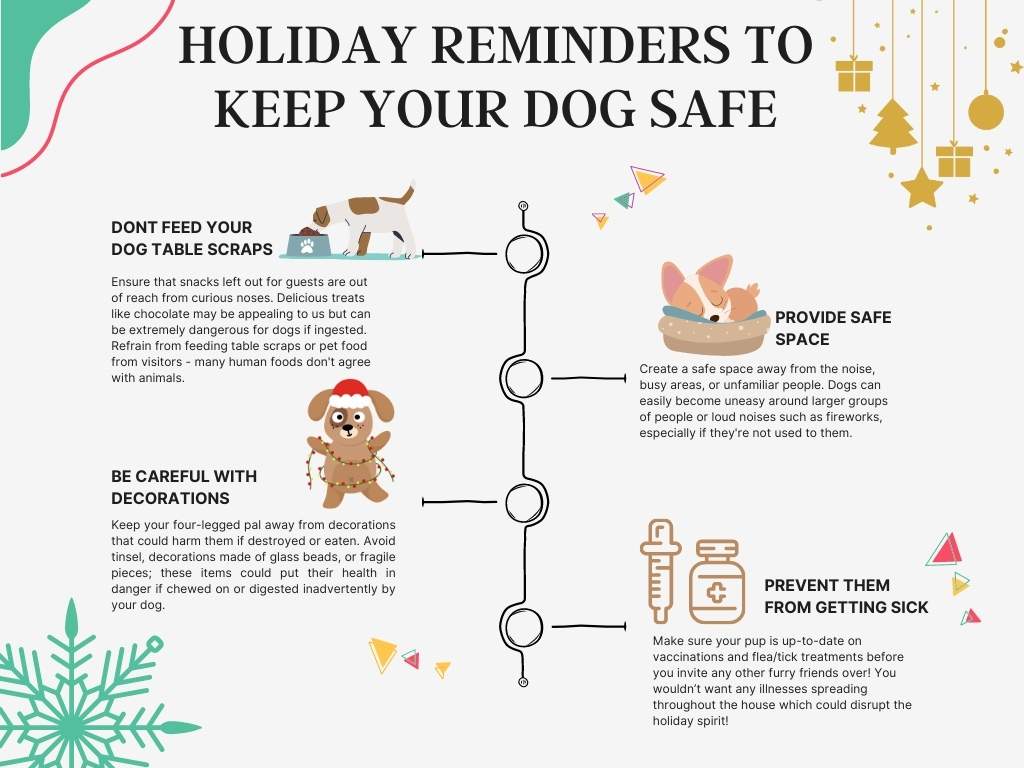
Here are some holiday foods to avoid feeding your pet this holiday season:
1. Turkey Skin or Fat
Turkey’s skin and fat can be dangerous for dogs if consumed. It’s best to avoid feeding your dog turkey skin as the high-fat content of these foods can cause digestive issues such as an upset stomach, vomiting, or diarrhea. Bacon should also be avoided due to its high-fat content and potential to cause digestive problems in dogs. In addition, pets may experience stomach irritation from eating turkey skin, which is loaded with fat and seasonings that can make them sick. Cooked turkey bones should also be avoided, as they can splinter and cause choking or intestinal damage.
It is essential to keep pets away from turkey skin and fat and other meats with high-fat content. If your pet has already eaten some of these foods, monitoring them closely for any signs of distress or discomfort is best. If you notice any symptoms, such as vomiting or diarrhea, please contact your veterinarian right away for advice on how to proceed. Taking the necessary precautions will help ensure your pet stays healthy and happy!
2. Onions, Garlic, Chives
Onions, garlic, and chives are all of the allium family and are commonly used in many dishes. While these foods can benefit humans, they can cause serious health problems for dogs. These vegetables and herbs can lead to red blood cell damage and anemia. The signs of anemia may not show up until days later, so it is essential to be aware of the potential risks associated with consuming them.
To prevent any health issues from arising, it is best to avoid consuming garlic, onions, and chives altogether. More significant amounts of these ingredients can cause stomach irritation and toxic anemia in dogs. So, if you feed your dog food containing these ingredients, please ensure that the part is minimal or cooked thoroughly before serving. Taking the necessary precautions when feeding your pet foods from the allium family can help ensure their safety and well-being.
3. Dairy
Dairy products can be a source of nutrition for humans, but they are not suitable for dogs. Dogs lack the enzyme lactase, which helps break down lactose in dairy products, so consuming dairy can lead to stomach problems. Cheese and other dairy products should generally be avoided for dogs, as well as mashed potatoes which usually contain butter and milk. Ice cream is also not recommended due to its high sugar and fat content.
It is essential to keep an eye on what your pet is eating, especially around holidays like Thanksgiving when there may be more food available than usual. While giving your dog a few bites of cheese or ice cream may seem harmless, these foods can cause digestive issues and should be avoided. If you want to give your pet something special during the holidays, opt for treats specifically designed for pets that do not contain dairy products.
4. Nuts
Nuts can be a dangerous snack for dogs, as they are high in fat and can cause pancreatitis or toxic shock with tumors and seizures. In addition, nuts may cause digestive issues in dogs, notably smaller breeds. Therefore, the standard rule of thumb should be to avoid giving your dog nuts. In addition, Macadamia nuts are incredibly toxic. They can lead to vomiting, tremors, paralysis, rapid heartbeat, etc., so it is essential to keep these away from your pet, even in small amounts.
It is best to stick with treats specifically designed for dogs that are low in fat and free of toxins. If you choose to give your pet a nut-based pleasure, ensure it is unsalted and unroasted, as these contain fewer fats and toxins than their salted or roasted counterparts. Additionally, always supervise your pet when eating any treat to ensure they don’t choke on it or overeat at once.
5. Bones
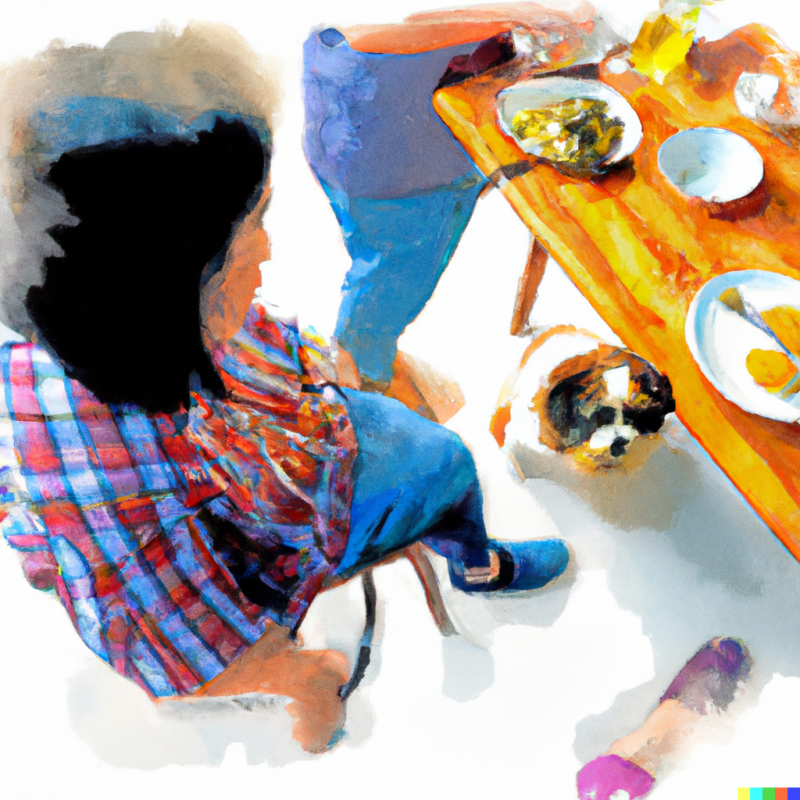
Bones can be a dangerous treat for pets, as they can cause choking or internal injuries. Cooked bones are especially brittle and should never be given to pets. Raw or recreational bones are safer but should still be monitored and removed when they become small enough to present a choking hazard. Swallowed bones can also obstruct the throat or digestive tract, so avoiding letting pets gnaw on them together is best.
Although bones are not toxic to pets, sharp fragments can puncture their mouths, esophagus, or intestines if swallowed. Therefore, if your pet does manage to get ahold of a bone, it is essential to monitor them closely and remove it if necessary. It is also important to watch for any signs of distress, such as vomiting, difficulty swallowing, or abdominal pain, that could indicate that the bone has caused an injury.
6. Alcohol
Alcohol is highly toxic to dogs and can lead to alcohol poisoning. Since dogs are much more sensitive to the consequences of alcohol than humans, even small amounts may cause significant health issues. It is never funny or cute to give your dog alcohol, including beer, wine, liquor, or alcohol used in baking. It’s vital to keep alcohol out of reach of pets since it may cause a vet visit.
The effects of alcohol on dogs can be severe and even fatal. Symptoms of intoxication include heart arrhythmia, low blood pressure, breathing problems, vomiting, coma, and sometimes death. If you suspect your pet has ingested any alcohol, it is essential to seek veterinary help immediately, as this could be life-threatening for your pet. It is also important to remember that giving your pet any alcoholic beverage should never be done as a joke or as a form of entertainment; it could have serious consequences.
7. Chocolate
Chocolate is a delicious dessert for humans but can be dangerous for cats and dogs. Chocolate contains caffeine and theobromine, which can be highly toxic to pets and cause kidney failure in dogs. Ingestion of chocolate by dogs can lead to seizures and even death. In addition, darker and less sweetened chocolate is more concentrated with these toxic ingredients, so it is essential to keep these chocolates away from pets.
Educating family members about the dangers of chocolate for pets is essential. If a pet does ingest chocolate, it is necessary to seek medical attention immediately, as the symptoms may not appear until several hours after ingestion. Symptoms may include restlessness or hyperactivity, increased heart rate, tremors, seizures, vomiting, and diarrhea. With prompt treatment from a veterinarian, most pets will recover without any long-term effects.
8. Xylitol
Items such as sugar-free gum, candy, and baked goods often use Xylitol as a sugar substitute. It has a sweetness similar to sugar but with fewer calories and carbohydrates. Xylitol is also known for its dental benefits, as it helps reduce plaque and cavities. However, it can be highly toxic to pets if ingested. Even small amounts of Xylitol can cause liver failure and death in dogs and cats.
Pet owners should be aware of the dangers of Xylitol and take steps to keep their pets away from any products containing this artificial sweetener. If you suspect your pet has ingested Xylitol, contact your veterinarian immediately for treatment advice.
Kinds of Meat You Can Feed Your Dog
When it comes to feeding your pet, it is essential to consider what types of meat are safe. White meat from roasted chicken or turkey can be given as a treat, but avoid the skin and bones as these can cause choking or intestinal blockage. Brisket may be okay in small amounts, but check for dangerous ingredients in the marinade and avoid fat and bones. Too much fat can lead to gastrointestinal upset or pancreatitis, which can be life-threatening.
In addition to white meats, there are other options that you can offer your pet as treats. Offer them special treats like plain, lean meats, canned pumpkin (no added salt, spices, or sugar), simple sweet potato, or something you’ve baked or frozen just for them. Treats from local pet shops and boutiques can also be a great option. Consider proportions when offering treats, as most pets are smaller than humans. With careful consideration of what type of meat is
What About Fruits and Vegetables?
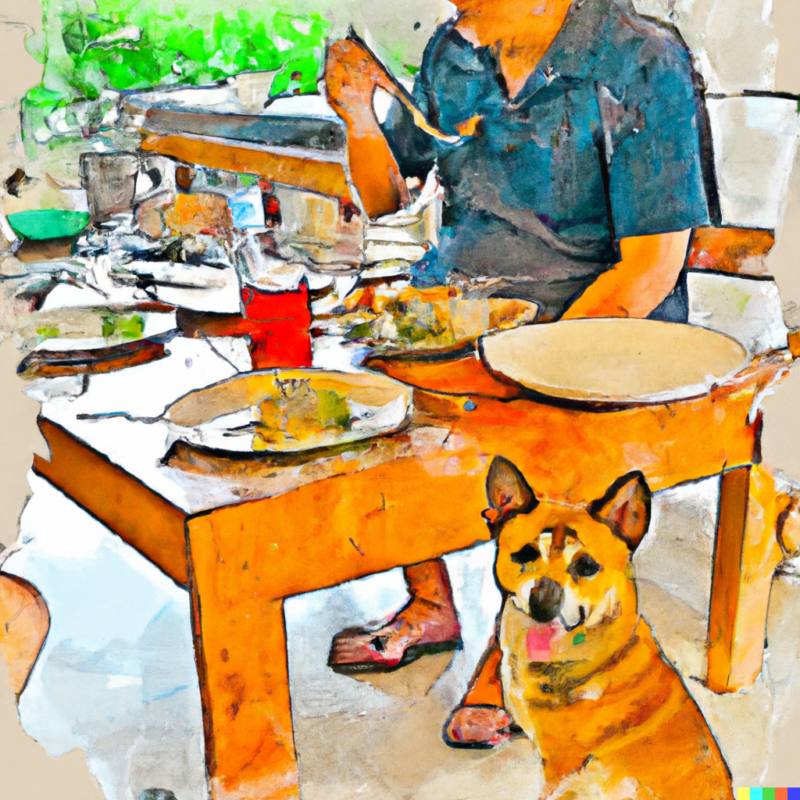
Fruits and vegetables can be a great addition to your pet’s diet. Apples and pumpkins are healthy pet treats but should be served plain and without added sugar. Other fruits like broccoli, Brussels sprouts, carrots, collard greens, cauliflower, peas, squash, and zucchini are good pet-friendly options. Green beans are nutritious for pets as long as they are not cooked in too much fat or seasoning. It is essential to avoid fried potatoes (latkes) and toppings such as butter, garlic, and other herbs.
When feeding your pet fruits and vegetables, it is essential to serve them plain without any added seasonings or sauces. Green beans can be a healthy snack for pets if cooked straight without added ingredients. Avoid giving pets green bean casserole with herbs and onions, as this could cause digestive issues in some animals. Set aside plain, cooked green beans as an alternative.
Is Bread Safe to Share?
Bread is a staple food in many cultures and can be shared safely with dogs. Small bites of bread are generally safe to share as long as proper food handling and preparation guidelines are followed. It is essential to wash hands and surfaces often when preparing food to prevent the spread of bacteria. Additionally, raw dough should not be given to pets as it can lead to bloat, a life-threatening condition. Yeast will rise in pets’ stomachs if they eat raw dough, so it is best to avoid giving them any bread.
The USDA provides tips for thawing, cooking, and storing turkey leftovers to help ensure that bread is safe for sharing. These include using cold water or a microwave oven for thawing, cooking the turkey until it reaches an internal temperature of 165°F, and storing cooked leftovers in shallow containers within two hours after cooking. Following these guidelines will help keep everyone safe from foodborne illnesses while still.
How Much Holiday Food Can You Give Your Dog?
When it comes to holiday food, moderation is key. Unfortunately, too much of a good thing can be bad for our pets. Pet owners should limit their pets’ holiday feasts to 10-20% of their regular daily diet, according to veterinarians. This means that if your pet usually eats one cup of food per day, they should only have a few tablespoons of holiday treats. In addition, the ASPCA lists foods that should not be fed to pets, such as Thanksgiving turkey and Christmas cookies and sweets. These human foods can lead to serious health consequences for pets, including diarrhea or even an emergency vet visit.
If your pet ingests something toxic, call your vet or the Animal Poison Control Center or take them to the nearest animal hospital. To prevent this from happening in the first place, keep these foods away from your pet at all times. If you give them treats, ensure they are healthy and appropriate for their age and size. Then, with caution and common sense, you can ensure that your pet has a safe and happy holiday season.
Frequently Asked Questions
Disclaimer: The information provided on this veterinary website is intended for general educational purposes only and should not be considered as a substitute for professional veterinary advice, diagnosis, or treatment. Always consult a licensed veterinarian for any concerns or questions regarding the health and well-being of your pet. This website does not claim to cover every possible situation or provide exhaustive knowledge on the subjects presented. The owners and contributors of this website are not responsible for any harm or loss that may result from the use or misuse of the information provided herein.

